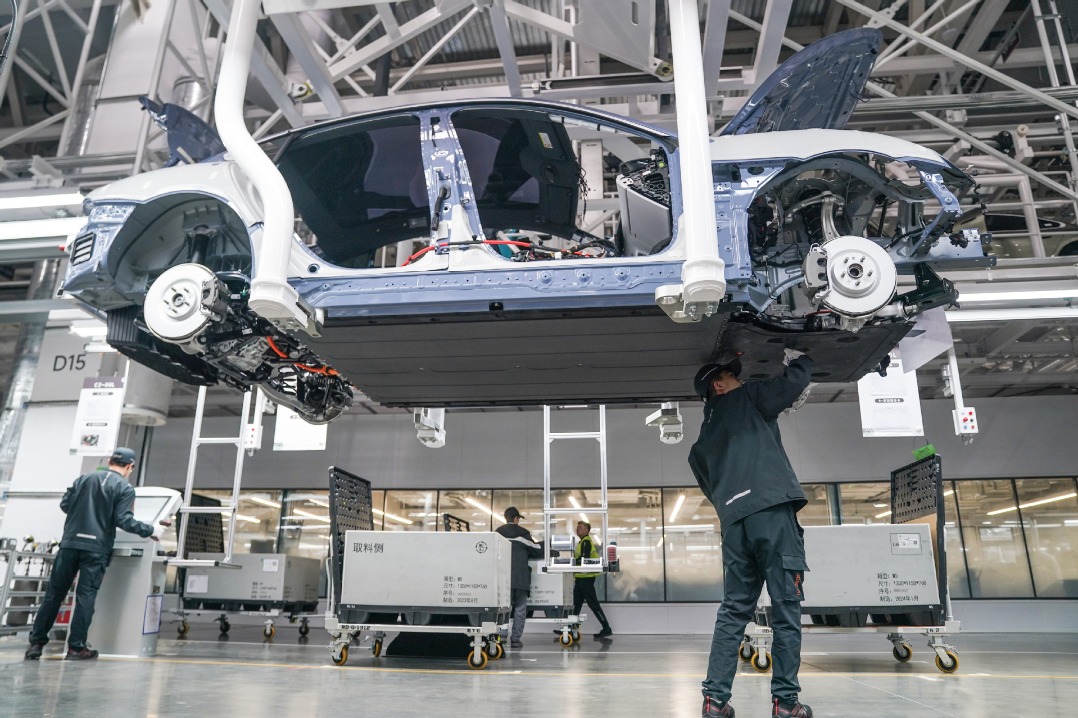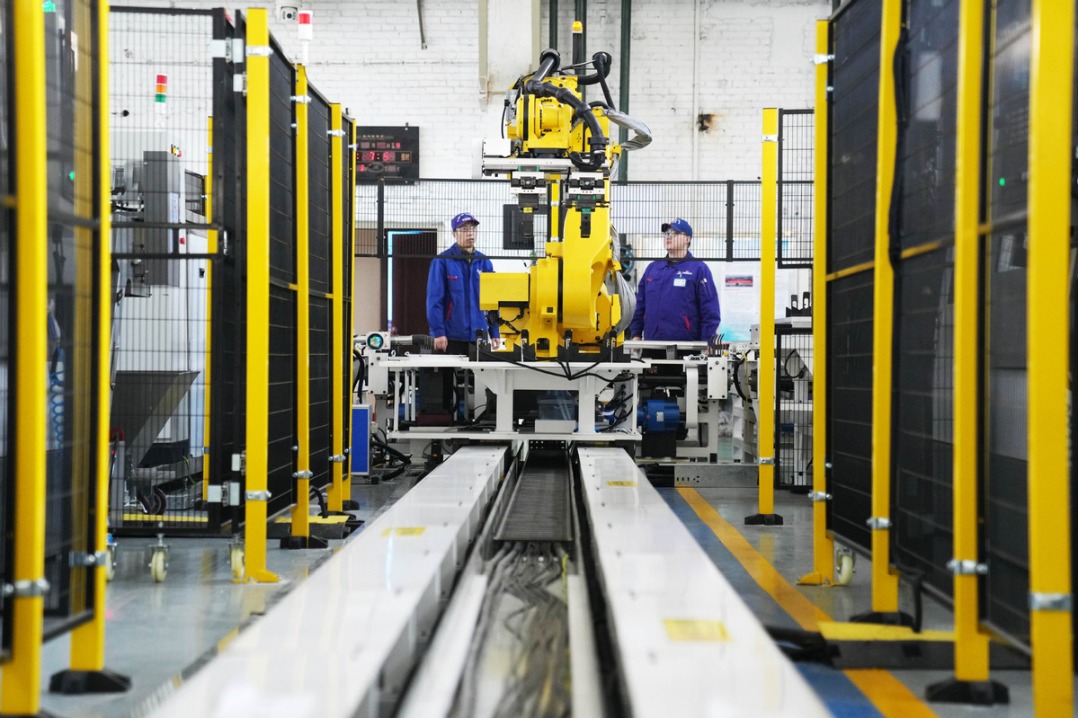Zone to spur Yangtze River Delta integration

A demonstration zone showcasing the integration of the Yangtze River Delta is designed to help the region better serve a larger area, said Li Qiang, Party secretary of Shanghai.
The zone, located at the junction between Shanghai and the provinces of Zhejiang and Jiangsu, is part of the national strategy of realizing integrated development of the Yangtze River Delta region, Li said during the ongoing second session of the 13th National People's Congress.
The zone was designed to serve as a new bench mark for development concepts, an experimental field for integrated institutions and mechanisms, and a new engine for high-quality development of the delta region, according to a plan by the National Development and Reform Commission, Li said.
"The overall idea of the demonstration zone is to gather together all kinds of reform measures implemented at local level since reform and opening-up, integrate them systematically and form new pilot experiments," Li said.
"Such pilot experiments in the Yangtze River Delta region with its large GDP, rapid development, abundant scientific and technological resources, and active market factors, will be crucial to the country's overall economic development," he said, adding that Shanghai is working with Zhejiang and Jiangsu on the detailed planning and system designs of the demonstration zone.
Li also said construction of the demonstration zone will provide a major opportunity for Shanghai's further development as well as a key platform for the city to better serve the country.
The integrated development of the delta region has been elevated to a national strategy, and its further integration is part of the blueprint to improve reform and opening-up, as announced by President Xi Jinping in Shanghai in November.
The announcement signified that development of the region - which is at the significant convergence of the Belt and Road Initiative and the Yangtze River Economic Belt and contributes more than 20 percent to the country's GDP - will be fast-tracked.
"President Xi made the announcement at the special occasion of the opening ceremony of the first China International Import Expo, which once again demonstrated the clear attitude and firm determination that China will not close its door to the world and reform will never stop," Li said.
Shao Zhiqing, a national legislator from Shanghai, said a unified business environment is a key aspect of integrated development.
"Areas in the delta region should not just emphasize their own advantages in attracting investment. Instead, they should consider their advantages as a whole within the entire region," said Shao, who is also a member of the Central Committee of the China Zhi Gong Dang.
Lu Yongquan, an NPC deputy and director of the Jiangsu Provincial Traffic and Transportation Department, said that the province is making plans to connect its roads, railways, waterways and airports with those of Shanghai and Zhejiang province.
"We're striving to start construction of the high-speed railway linking many cities on the northern side of the Yangtze in 2019, which will start in Shanghai, run through Jiangsu and terminate in Anhui province's city of Hefei. It will greatly help with the integration of the Yangtze River Delta region.
"A number of highways that connect Jiangsu with other cities in the region will see construction begin this year," he said. "A new bus route that commutes between Xuzhou, Jiangsu and Xiaoxian, Anhui will also begin operating soon."
The three provinces and Shanghai have reached an agreement to shut down interprovincial toll stations, Lu said. Jiangsu's traffic and transportation authority has already announced the closing of 17 toll stations in the province.
"Jiangsu will become the first province in China to have no interprovincial toll stations and will thus provide convenience for drivers crossing provincial borders."
Li Jinbin, Party secretary of Anhui province - which is also included in the national strategy of the integrated development of the delta region - said that such a development opportunity signals that Anhui can seize the chance to be an open gateway to access global resources.
Anhui will use its strength in scientific innovation and industrial development to pursue future growth, Li Jinbin said.
"We will step up efforts to build a national scientific center and accelerate industrial transformation by leveraging our sound foundation in industrial robots, home appliances and voice recognition technology," he said.
Ma Si, Zhu Lixin and Cang Wei contributed to this story.
MOST POPULAR
- 1 A look at China's economy in Q1 of 2024
- 2 China to remove foreign ownership restrictions in value-added telecom services in pilot areas
- 3 Query service of A Guide to Working and Living in China as Business Expatriates launched
- 4 Clear negative lists to speed up services trade
- 5 Canton Fair opens in China with surge in overseas purchasers
Editors' Picks
 Infographic:
How to understand China's production capacity
Infographic:
How to understand China's production capacity
 Infographic:
Milestones of China's journey to space
Infographic:
Milestones of China's journey to space





